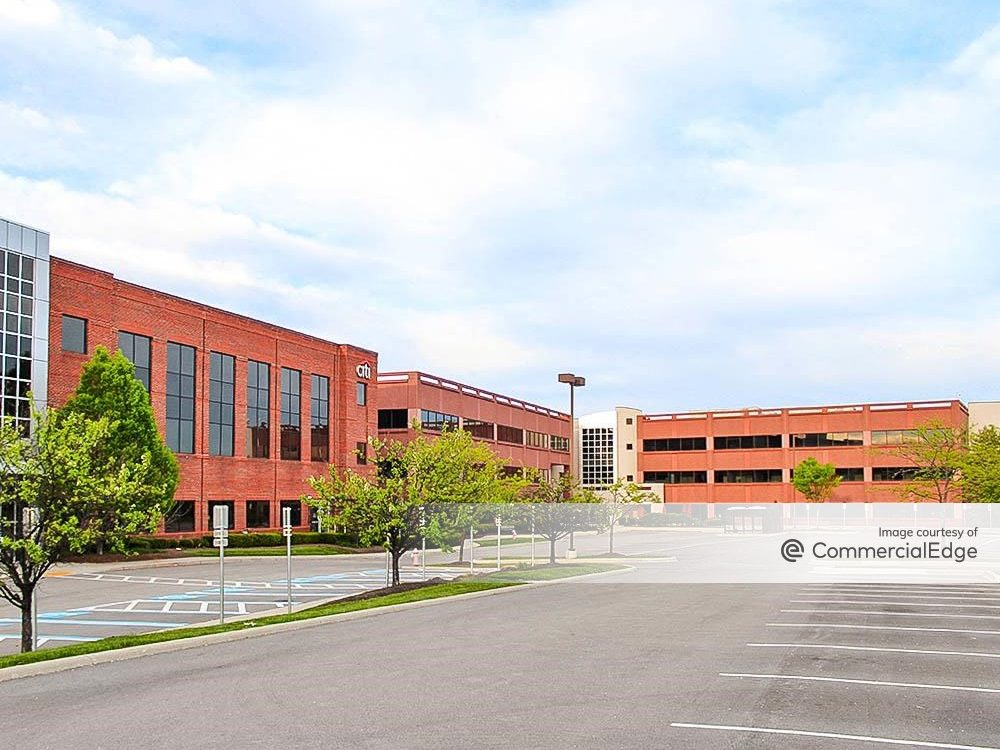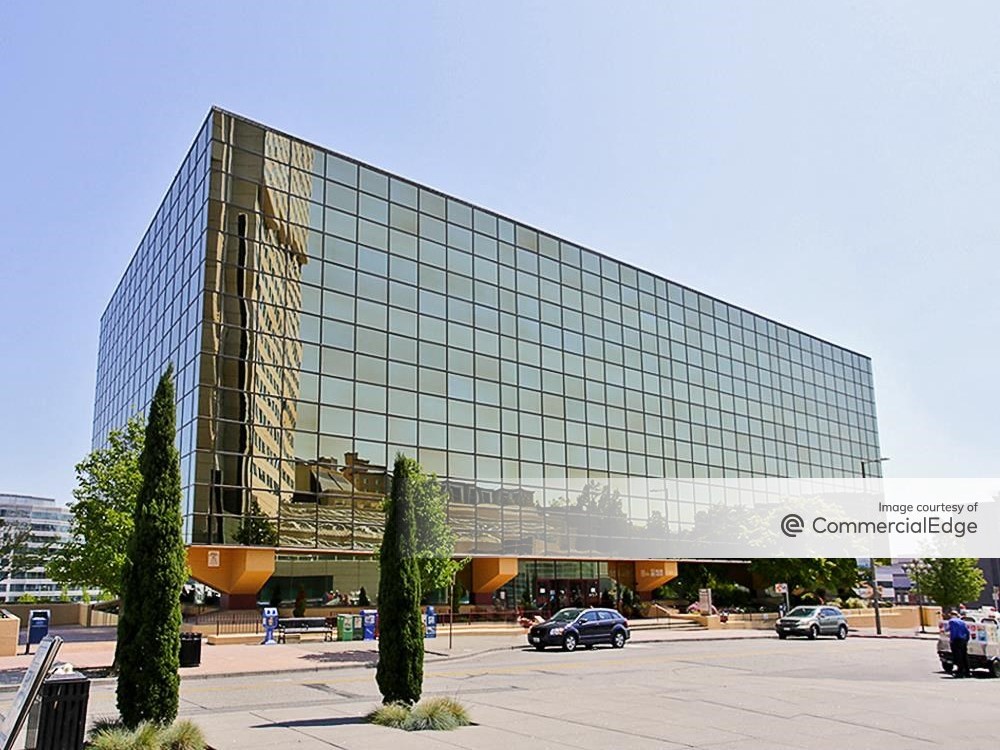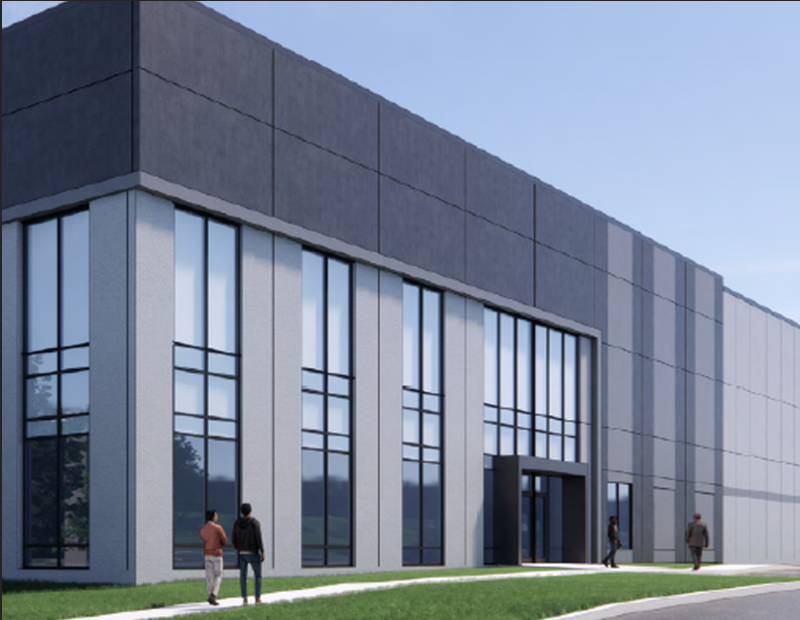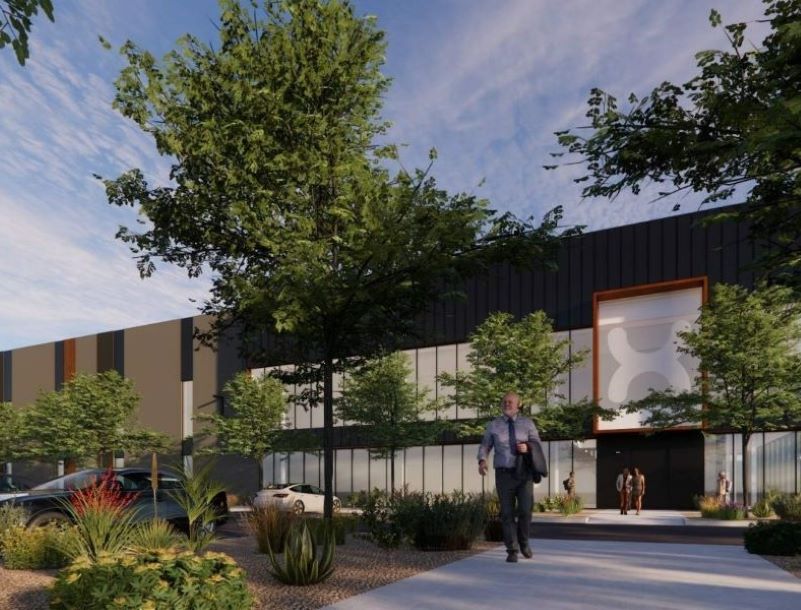Self Storage and Investing in Opportunity Zones During COVID-19
Leaders at Inland Private Capital Corp. and Devon Self Storage talk about undervalued real estate properties in Qualified Opportunity Zones that can be repurposed into self storage facilities.
The global health crisis has disrupted the entire U.S. economy and created uncertainty across all real estate sectors. Yet, the self storage industry seems to be weathering this downturn well, and may also benefit from the pandemic-driven changes.
Inland Private Capital Corp. and Devon Self Storage recently formed a strategic partnership to redevelop and operate self storage facilities in Qualified Opportunity Zones. Inland Private Capital President Keith Lampi and Devon Self Storage Chairman & CEO Ken Nitzberg talk about the opportunities the pandemic created when it comes to investing in redevelopment projects in QOZs.
Inland Private Capital Corp. entered the self storage business in 2016. What were your expectations back then and how do you see the business now?
Lampi: IPC’s entry into the self storage business was predicated on its pursuit for a defensive, late-cycle strategy given where we believed we were in the market cycle at the time. As a result of extensive market research and analysis of the sector’s historical pattern of performance, particularly during economically challenging times, we concluded that the self storage business embodied several key characteristics we sought in a late-cycle investment strategy.
These include resilient renter demand; high adaptability, affording management to remain nimble and allowing it to directionally pivot during periods of market dislocation; and low capital expenditure business, providing greater predictability of ongoing expenses and thus reducing volatility throughout the budgeting process.
Tell us more about your business strategy during COVID-19. How has it changed since the onset of the pandemic?
Lampi: With the onset of the pandemic, and the shelter-in-place requirements, Devon moved aggressively to a contactless leasing program. Before March 17, Devon was averaging about 55 percent of our new leases online. From March 17 through Aug. 2020, Devon’s percentage of online leases moved above 90 percent. Besides, over 75 percent of Devon’s monthly rents are now paid online via autopay, with a credit card obtained from the tenant.
From mid-March through the end of July, Devon curtailed any auctions of delinquent tenants. That caused a spike in our accounts receivable. However, beginning Aug. 1, we again started the auction process for seriously delinquent tenants. Today, Devon’s accounts receivable is back in our normal historical range, and we’ve collected a significant amount of the delinquent receivables as the tenants did not want their goods auctioned.
READ ALSO: Opportunity Zones Continue to Make an Impact
Why are Qualified Opportunity Zone investments a good idea now?
Lampi: The OZ program was created to revitalize economically distressed communities using private investments rather than taxpayer dollars. In return, investors participating in OZs may receive potentially significant tax benefits subject to the satisfaction of certain conditions.
We believe great potential exists to uncover high-quality, undervalued real estate opportunities located within QOZs that can be repurposed into high-quality storage facilities.
What are the advantages and disadvantages of redeveloping self storage projects?
Lampi: We believe that the late-cycle nature of the sector makes for a compelling opportunity, given the dislocation that has ensued as a result of the pandemic. In many respects, market dislocation has created an uptick in opportunity, as blighted sectors such as retail, office and manufacturing find themselves in a period of distress, forcing landlords to rethink the potential highest and best use strategy for their respective properties.
By converting an existing asset, we can save substantial costs normally associated with a ground-up project, as we can use the walls, the roof and some of the infrastructure, etc., without having to create those assets from scratch.
The disadvantages are straightforward in that they carry many of the typical risks of any development or redevelopment project—speculative assumptions, cost overruns, the market-related risks associated with lease-up and ongoing management, etc. This is why it is so important to work with an established platform that has strong visibility in the broader market, as well as location-specific considerations on a property by property basis.
Some industry experts are expecting a coronavirus-induced slowdown in self storage development activity. What are your predictions?
Lampi: Many pundits cite the potential for a near-term slowdown in new development in numerous sectors throughout the commercial real estate market. From a macro perspective, we believe this to be true in the short run. That said, we also believe that a short-term reduction in new development activity will bode well for new projects that are ready to come online, particularly in underserved markets where a supply and demand imbalance exists. Along these lines, much of what we target will be heavily location-driven, with an emphasis on markets with low supply ratios and above-average market occupancies.
The self storage business seems to be more resilient than other real estate sectors. However, it is not completely immune to the effects of the pandemic. What has been your experience so far?
Nitzberg: From mid-March through the end of August, during the pandemic and shelter-in-place requirements, Devon’s total occupancy across our portfolio has risen approximately 7 percent, our total revenue is up 8 percent and our net operating income on a portfolio basis is up 6 percent. Devon’s move-ins are slightly down from the previous year, but our move-outs are down substantially, thus creating a higher overall occupancy and gross revenue.
How have you adapted your business strategy since the health crisis hit the U.S.?
Nitzberg: We have not changed our approach to site selection. We have enhanced our operations to be more web-centric, but Devon was already well into that program before the pandemic.
Self storage is a highly local business. When reviewing a site for a potential conversion or acquisition, we look carefully at the demographic features within a 3-mile radius of the proposed site. Avoiding markets that are already overbuilt or have low barriers to entry for new competitors are extremely important in our decision process.
In what ways has the pandemic provided more opportunities for investing in Opportunity Zone projects?
Nitzberg: The pandemic has impacted brick-and-mortar retail which has enlarged the pool of prospective conversion candidates’ properties, especially big-box retail stores. Also, it has made cities more willing to accept zoning changes that would allow storage.
What are the benefits of investing in redevelopment projects? Are there any drawbacks?
Nitzberg: Acquiring a former big-box retail site as a conversion candidate has numerous advantages over a new ground-up location. In almost every case, it is a better area because it was a retail space with great accessibility. Typically, the cost to acquire the land and building is roughly the cost of the land alone. Any of the buildings that can be used in the conversion—walls, roof, infrastructure, parking lot, signage, etc.—is simply a bonus.
It is our objective to bring these projects in at roughly $100 per square foot, while the same project on a ground-up basis—assuming first of all that it would be as good a location—would typically cost upwards of $150 per square foot. This provides a significant pricing advantage of any of the new ground-up projects.
The major drawback is getting the zoning changed to allow for storage of the site if it is not already zoned appropriately.
What are some key features/amenities that storage facilities should offer?
Nitzberg: Storage facilities today don’t look anything like the facilities of the past. They look like modern office buildings, shopping centers or apartment projects. They must present a “retail” look with none of the rectangular metal buildings with roll-up doors facing the public. They should have great security, be well-lit, clean, and have friendly, knowledgeable on-site staff.
In Devon’s case, we always attempt, if there is enough space, to have our signature “drive lane” where the tenant can drive their vehicle safely inside the building to load or unload while out of the weather elements.











You must be logged in to post a comment.